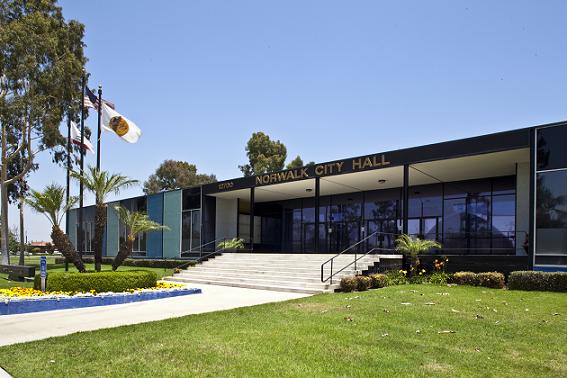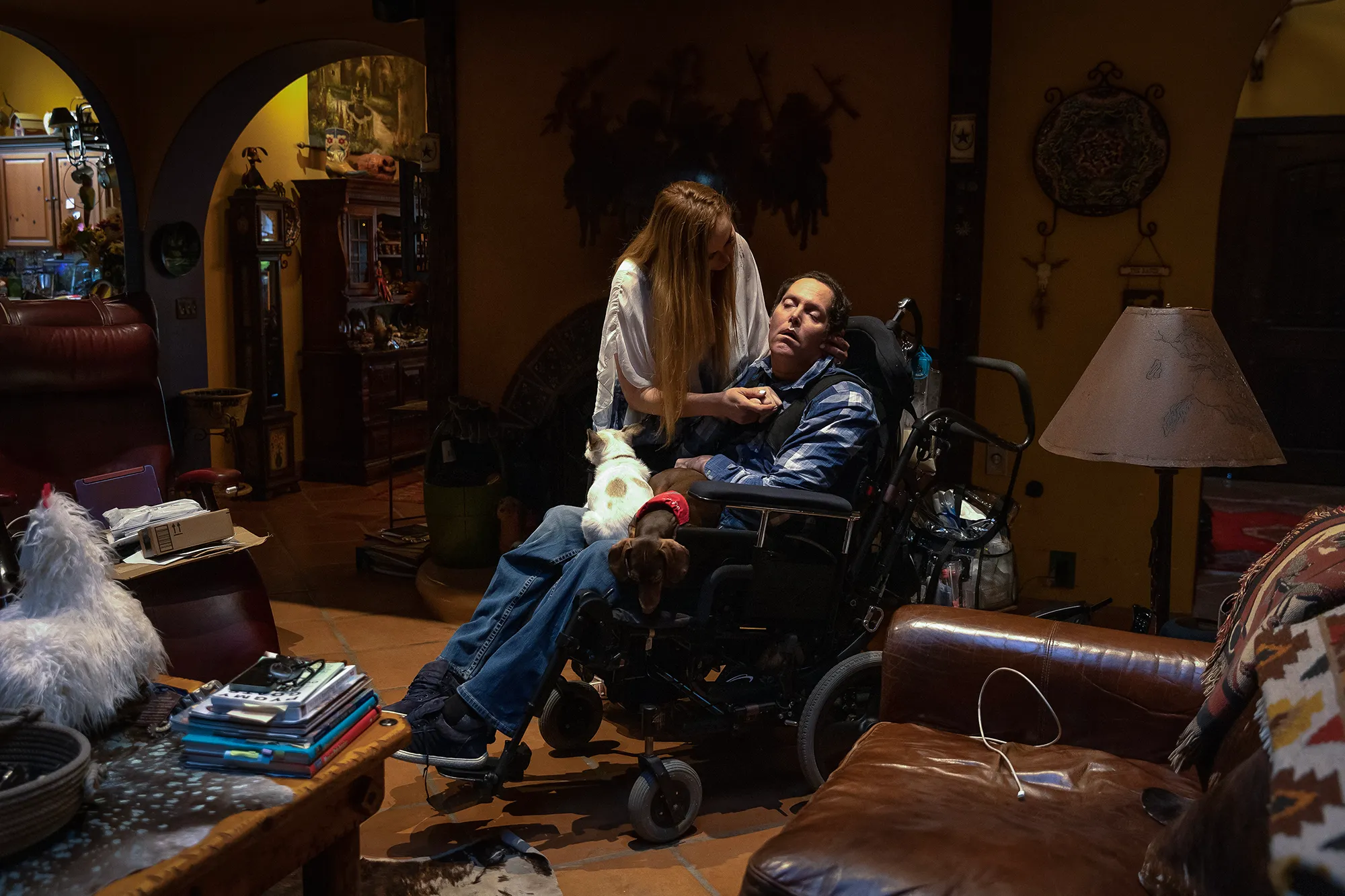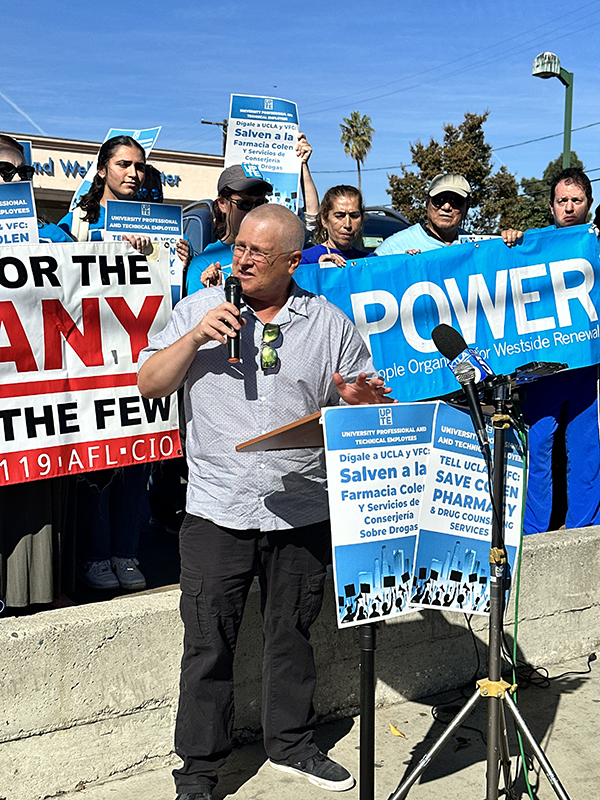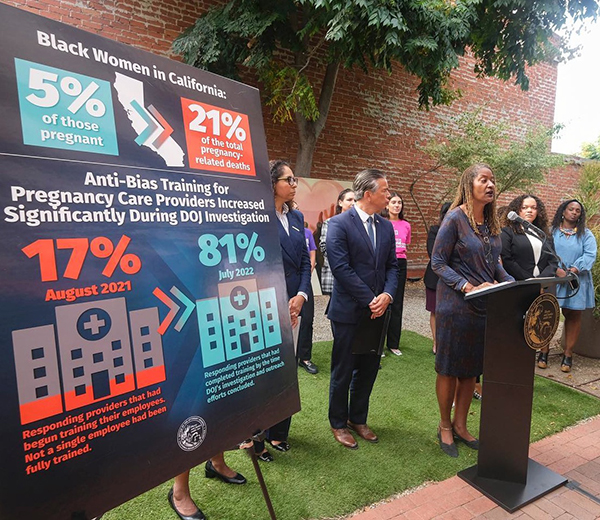By Rebecca Rona
Contributing Writer
INGLEWOOD — Most people don’t think of pregnancy as being dangerous. Yet it can be.
Due to pregnancy-related complications, women can die during pregnancy and even as long as a year following the birth of their babies. Whether the death happens during pregnancy or after they have given birth, it is called “maternal mortality.”
Pregnancy-related complications can affect anyone. Some women die; thankfully others who experience these complications do not.
The women who don’t die are usually those who contact their doctor the moment they realize they don’t feel right. Sometimes a partner or family member realizes that something is wrong, and makes sure the woman goes to the doctor.
Maternal deaths are especially tragic since two of every three maternal deaths could have been prevented.
The problem of pregnancy-related complications and death is being taken quite seriously by the Centers for Disease Control and Prevention (CDC.) The CDC is carrying out a campaign entitled Hear Her to create greater awareness of the problem and to alert the public to ways to prevent maternal death. Medical providers, family and friends are being urged to take the mom seriously if any symptoms arise.
South Los Angeles Health Projects, too, is addressing the problem of maternal mortality. This public health agency is getting the word out about symptoms and recommendations.
South LA Health Projects, which oversees a large Women, Infants and Children (WIC) program, is also making sure that the thousands of pregnant women and new moms who are enrolled learn the signs of pregnancy-related complications.
“We encourage pregnant women to start prenatal care right away,” Alejandra Arellano, a WIC maternal and child health specialist, said. “And we encourage women who have just given birth to keep their postpartum medical appointments.
“Women know their body best. We urge moms — before and after giving birth — to listen to their bodies and to seek medical attention right away if something doesn’t feel right,” Arellano said.
She asks women, their families and their friends to look out for urgent warning signs and report them to their doctors.
If a woman is pregnant, certain symptoms can be serious. They include: the baby’s movement stops or slows down and vaginal bleeding or fluid leaking.
If a woman is pregnant or has given birth within the past year, she should pay special attention to symptoms like headaches that won’t go away or gets worse over time, dizziness or fainting, changes in vision, a fever of 100.4 degrees Fahrenheit or higher, extreme swelling of the hands or face, thoughts she may have about harming herself or the baby, trouble breathing, chest pain, a fast-beating heart, severe nausea, severe belly pain that won’t go away, severe swelling of the legs or arms overwhelming tiredness,
“We tell women, ‘if you feel something concerning, don’t keep it to yourself,’” Arellano said. “Share it with family and friends. And get to a doctor or a hospital right away if there’s any chance you need help.”
WIC educators also counsel women about what they can do to have a healthy pregnancy.
“But becoming familiar with information about pregnancy, birth and babies, and acting upon the advice WIC provides, will result in a healthier pregnancy, healthier baby and healthier mom,” Arellano added.
“We tell moms that during pregnancy, substance abuse, or even drinking a single alcoholic beverage, can harm the fetus, the unborn baby. This is also true of smoking cigarettes, smoking marijuana and vaping.”
The WIC program also recommends that all women who intend to get pregnant begin taking prenatal vitamins that have folic acid before they know they’re pregnant.
“A three-week-old fetus needs folic acid,” Arellano said. “This is long before a woman usually knows she is pregnant. Folic acid protects the unborn baby while its spine is developing. If the fetus doesn’t get enough folic acid, the baby can end up with a serious problem.
“If the mom doesn’t get enough folic acid before and during her pregnancy, her baby is at higher risk for neural tube defects. These serious birth defects can affect the spine, spinal cord or brain and may cause death. One of these birth defects is Spina bifida.”
That is just one example of the guidance South LA Health Projects give WIC moms.
Other items stressed include the need for prenatal care and dental care.
“We strongly encourage our pregnant participants to eat nutritious foods, which will keep them healthy and promote healthy growth in their unborn baby,” Arellano said.
WIC enables participants to purchase additional nutritious foods. They purchase their foods using the California WIC Card. The card, plus a WIC app, make it easy and private to purchase food.
WIC provides counseling, education and support in the areas of nutrition, breastfeeding, parenting and immunization. The program also provides referrals to community and medical resources.
WIC serves pregnant women, new mothers, infants and children up to age 5. Whether a person is eligible depends on family income and other factors.
South LA Health Projects/WIC serves eligible families who live in Bell Gardens, Compton, Cudahy, Huntington Park, Lynwood, Paramount, South Gate and four South Los Angeles neighborhoods.
To learn more about South LA Health Projects and WIC, visit www.wicforyou.org.
To make an appointment or enroll, phone (310) 661-3080.












